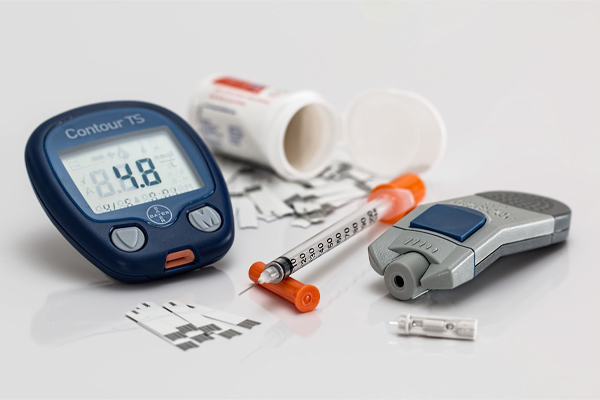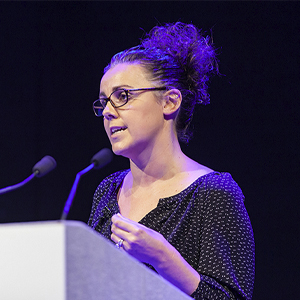Leading the Way
Spearheaded by the University's Professor Claire Hills and Professor Paul Squires – with close support from colleagues across healthcare in Lincolnshire, including Professor Kelvin Lee and Dr. Usman Shah from United Lincolnshire Hospitals NHS Trust and Dr Maxime Inghels from the Lincoln Institute for Rural and Coastal Health – the research team has been able to gain unparalleled insights into the demands that those with diabetes face in a military setting.
Having hosted RAF Waddington personnel at the University's state-of-the-art research facilities at the Joseph Banks Laboratories, the researchers were invited to visit the base to see first hand the daily challenges faced by RAF personnel, both with and without diabetes.
“Working in the RAF requires hard work, commitment, and drive," says Professor Paul Squires. "To achieve this with a backdrop of managing diabetes is astounding, and all personnel with the condition, supporting healthcare professionals, and the RAF in general, demand our respect and admiration."
The researchers were able to discuss the latest developments in diabetes research with the Patient Sensor Support Group, RAF medical professionals, and members of the prestigious Red Arrows Aerobatic Team, as well as hearing their experiences of living with and supporting those with diabetes. The team was also treated to a flyby from the Red Arrows, a tour of their hangar, and discovered how pilots debrief after each training session.

/prod01/university-of-lincoln-cdn-pxl/media/responsive2017/research/newresearch/Diabetes,Research,banner,1600X600.jpg )




